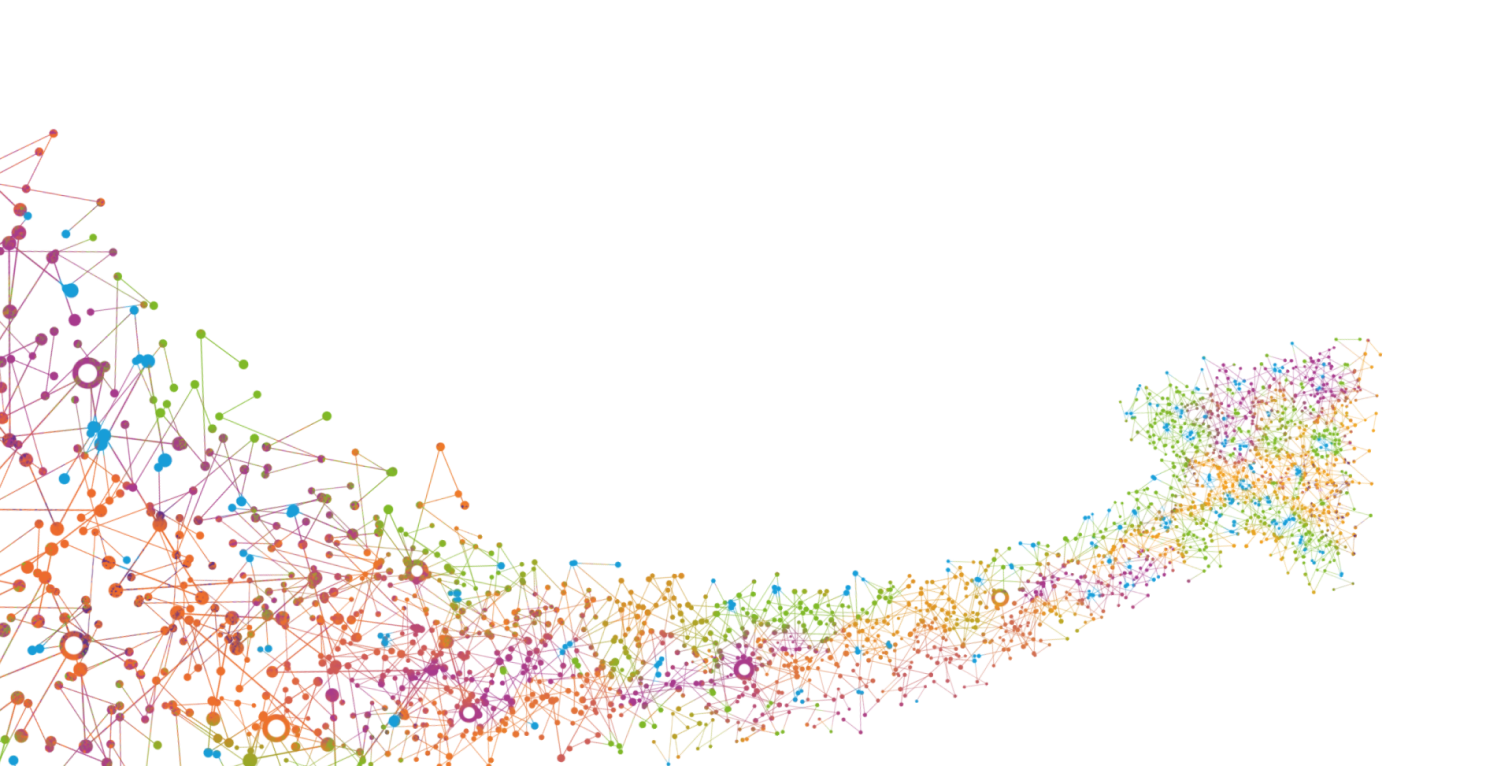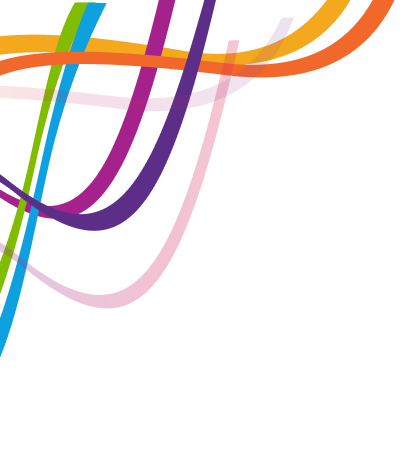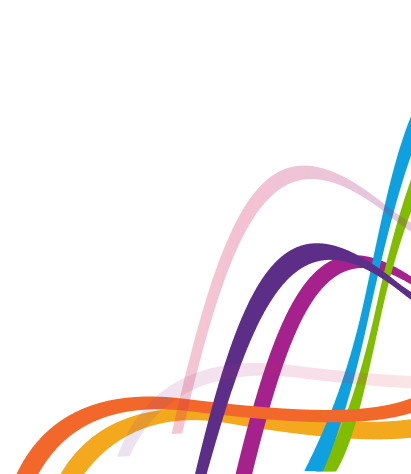Executive Overview
Setting the scene and progress towards the 3 billion targets and SDGs.
WHO is marking its 75th anniversary this year, with its 194 Member States and partners, by calling for a renewed drive for health equity. The past seven and a half decades have seen extraordinary progress in protecting people from diseases, health risks and harms. However, as this report shows, further progress is needed to achieve the triple billion targets towards attaining the health-related Sustainable Development Goals and meeting other health challenges, such as mental health, antimicrobial resistance and climate change.

- Improved access to quality essential health services irrespective of gender, age or disability status
- Countries enabled to provide high-quality, people-centred health services, based on primary health care strategies and comprehensive essential service packages
Supportive and empowering societies through addressing health risk factors
A multisectoral, whole-of-society approach to tackle modifiable risk factors.
Addressing known, modifiable risk factors can promote health and prevent premature deaths. The most effective interventions for tackling risk factors require engagement outside the health sector. Reducing the prevalence of, and exposure to, risks such as unhealthy diets, tobacco use, the harmful use of alcohol, insufficient physical activity, obesity, hypertension and violence and injuries requires a multisectoral approach to influencing public policies in trade, social development, transportation, finance, education, agriculture and other sectors. It requires population-based policy and legislative and regulatory measures, including fiscal measures.
A whole-of-society approach that includes the engagement of governments with the private sector and civil society is critical for fostering a supportive environment and promoting individual behavioural change. People’s health is strongly influenced by the way that the settings in which they live, grow up, learn, work and play are governed, designed, developed and regulated. A fundamental goal of health promotion is that people can take control over their health. A supportive and empowering society helps people to better achieve this goal.
PROGRAMME BUDGET FUNDING AND UTILIZATION
WHO’s biennial Programme budget is based on the principles of transparency, accountability and providing value for money
The Seventy-fifth World Health Assembly adopted resolution WHA75.5 in May 2022, revising the approved base programmes segment of the Programme budget 2022-2023 to a total of US$ 6.726 billion. By the end of the first year, the total Programme budget has a good level of financing (US$ 8.3 billion), including projections, which exceeded the total approved. The good level of financing is explained by two event-driven budget segments: emergency operations and appeals, and polio eradication, the financing for which has needed to exceed the amounts established in the Programme budget in order to keep step with operational needs.





